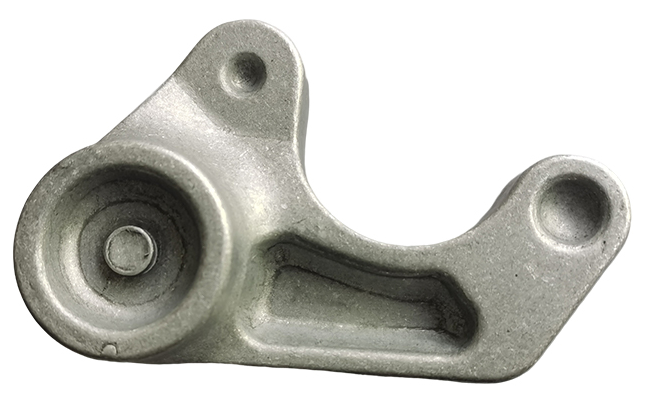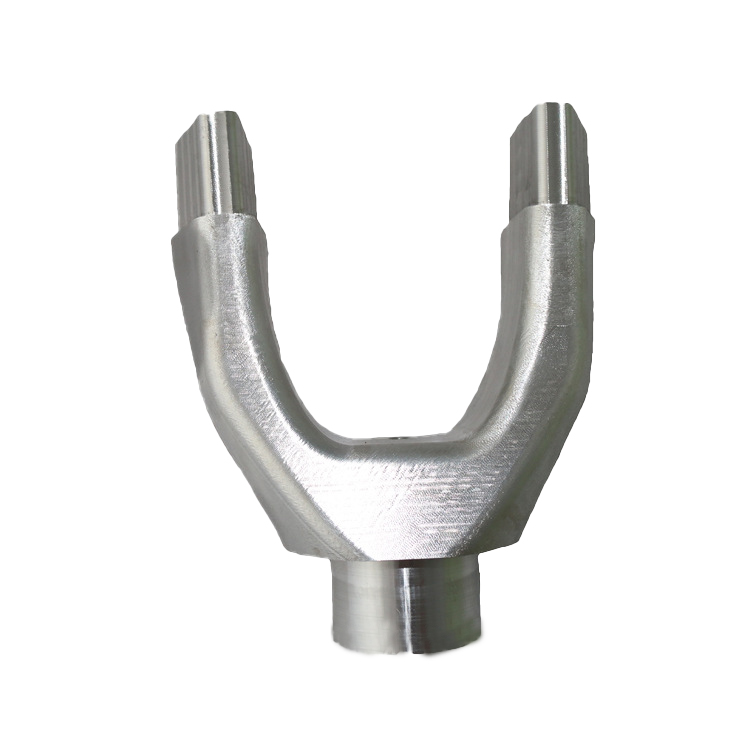
CNC Machining Precision
How Much Precision Can Be Achieves By CNC Machining?
The accuracy of CNC (Computer Numerical Control) machining technology depends on multiple factors, including equipment type, machining materials, tool selection, machining parameters, and environmental conditions. The following are some of the main factors that affect CNC machining accuracy and typical machining accuracy ranges for different types of CNC equipment:
1.The main factors affecting machining accuracy
·Machine quality: High precision CNC machine tools typically use higher quality components with better rigidity and stability.
·Tool quality and wear: High quality tools and timely replacement of worn tools are key to maintaining machining accuracy.
·Temperature control: Temperature changes in the processing environment can cause material expansion or contraction, affecting accuracy.
·Programming accuracy: Accurate CNC programming is an important factor in ensuring high-precision machining.
·Processing speed: Higher processing speed may affect accuracy, so it needs to be balanced according to specific requirements.
2.Processing accuracy of different types of CNC equipment
·CNC lathe: Typically, the machining accuracy of CNC lathes is between 0.01-0.02 millimeters, and high-precision lathes can reach 0.005 millimeters or even higher.
·CNC milling machine: The typical machining accuracy of a CNC milling machine is between 0.01-0.02 millimeters, and ultra high precision milling machines can achieve an accuracy of 0.001 millimeters.
·CNC Grinding Machine: CNC grinding machines are typically used for machining that requires extremely high precision, with an accuracy of up to 0.001 millimeters or even higher.
·Five axis CNC machine tool: This complex CNC equipment can process from multiple angles and typically achieve a precision of 0.01 millimeters or higher, depending on the brand and model of the machine tool.
3.Typical accuracy in industrial applications
·The aerospace and defense industries require very high precision, typically reaching a precision of less than 0.005 millimeters.
·Medical devices: When manufacturing implants and surgical tools, precision requirements are typically within 0.01 millimeters.
·The automotive industry requires an accuracy of 0.01-0.02 millimeters for the processing of certain key components.
4.Summary
The precision range of CNC machining is wide and influenced by various factors, but high-quality CNC machine tools and strictly controlled machining environments can achieve extremely high precision. Normally, the precision of CNC machining can reach 0.01 millimeters, and in some high-precision applications, it can even reach 0.001 millimeters.
By selecting appropriate equipment, optimizing processing parameters, and strict quality control, CNC machining can meet the different precision requirements of various industries.









